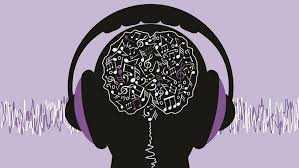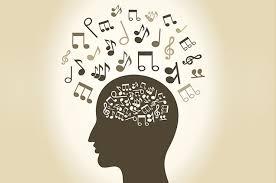The Science Backed Ways Music Affects Your Brain and Productivity
Curated from: medium.com
Ideas, facts & insights covering these topics:
2 ideas
·26.8K reads
176
4
Explore the World's Best Ideas
Join today and uncover 100+ curated journeys from 50+ topics. Unlock access to our mobile app with extensive features.
Effects of music on productivity
- Listening to music with lyrics is distracting for most people. It’s best to avoid it when working on tasks that require focus or the learning of new information.
- Listening to music with lyrics may help people working on repetitive or mundane tasks.
- Classical or rock music allows people to identify numbers more quickly and accurately.
- Ambient noise, or ambient music, at about 70 decibels can be the best kind of music for work productivity. But increasing it over 85 decibels hurts creativity.
- Searching for the right artist can detract from workplace productivity but, once you know what works for you, music can become a tool for near-instant concentration.
3.2K
15K reads
Music and the brain
Music has a real impact on human emotions and perception. Music activates different areas of the brain in different people, but there are general brain and mood patterns revealed by music research.
For the most part, research suggests that listening to music can improve your efficiency, creativity and happiness in terms of work-related tasks.
2.19K
11.7K reads
IDEAS CURATED BY
"You can fool all the people some of the time, and some of the people all the time, but you cannot fool all the people all the time. " ~ Abraham Lincoln
Cristian 's ideas are part of this journey:
Learn more about timemanagement with this collection
How to start a successful business
How to build a strong team
How to market your business
Related collections
Similar ideas
6 ideas
How Music Affects Your Productivity
medium.com
7 ideas
How Music Affects Your Productivity
sparringmind.com
7 ideas
Read & Learn
20x Faster
without
deepstash
with
deepstash
with
deepstash
Personalized microlearning
—
100+ Learning Journeys
—
Access to 200,000+ ideas
—
Access to the mobile app
—
Unlimited idea saving
—
—
Unlimited history
—
—
Unlimited listening to ideas
—
—
Downloading & offline access
—
—
Supercharge your mind with one idea per day
Enter your email and spend 1 minute every day to learn something new.
I agree to receive email updates


